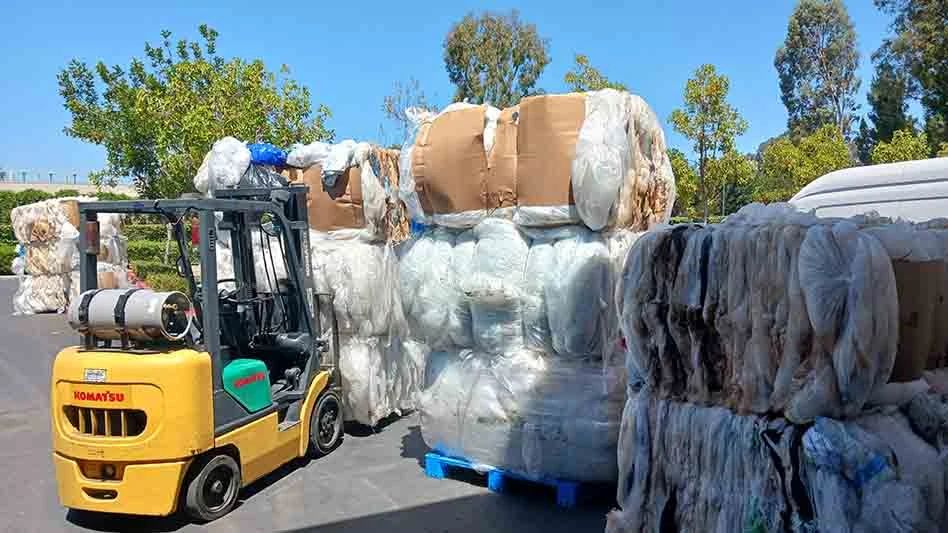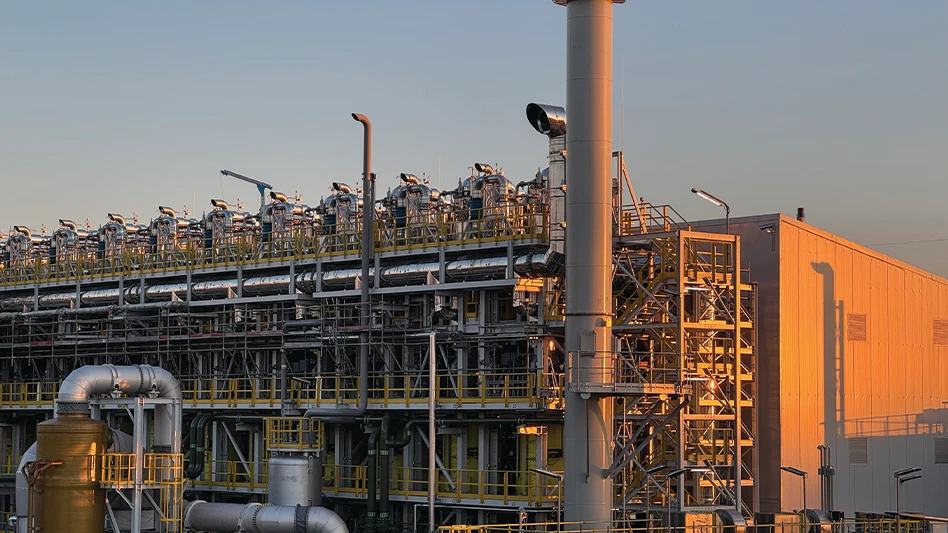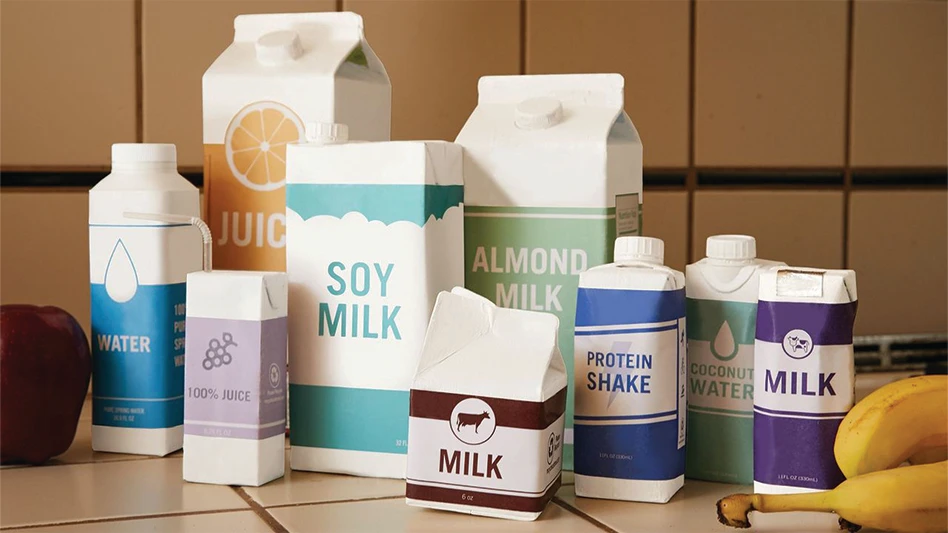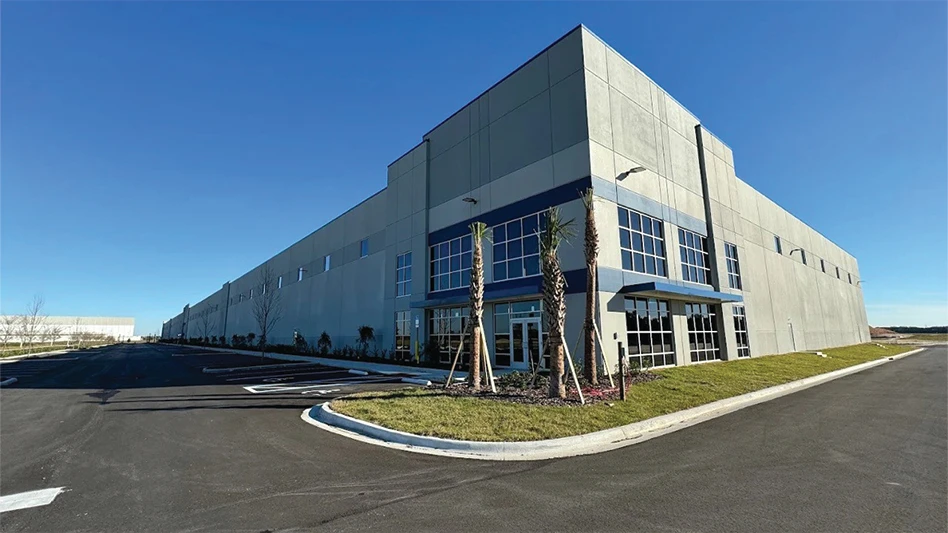
The first edition of Plastics Recycling magazine was released the same month as the first Re|focus Sustainability & Recycling Summit, and this fourth edition will be released the same month as the second Re|focus. It’s been challenging for the plastics recycling industry during that period, but what’s been fascinating and heartening to watch is how every segment of the plastics supply chain has stepped up efforts to support recycling.
As a result of oil prices that put recyclers in a difficult financial position, companies and organizations, led or supported by the Plastics Industry Association (PLASTICS), have come together to drive alternative solutions and to create new strategies for more efficient recovery and processing to shore up the threat that faces the plastics recycling industry. Some of the most important examples include The Recycling Partnership, which has helped communities improve their ability to collect plastics for recycling and to look at their recycling processes from a systems perspective to identify efficiencies that can help drive prices up for recycled materials. The Materials Recovery for the Future (MRFF) project is another industry-funded effort geared toward expanding the collection of film and other flexible packaging while also identifying and unlocking markets for these materials.
Brand owners have played an important part in supporting growth and innovation in plastics recycling over the last year as well. Many of them have focused on designing their products for recycling, working to make sure they don’t unnecessarily burden the system. Most importantly, many of them have made enormous commitments to incorporating more recycled content and using more sustainable materials in their products. Even with pricing conditions that might make recycled content less attractive from a cost perspective, these companies haven’t backed away from their commitments, which should make us optimistic about recycling’s future.
For PLASTICS’ part, we have been working to underscore the benefits of using recycled plastics in products to brand owners and the rest of the supply chain. Our “Environmentally Preferable Purchasing Guide” highlights the opportunities available to companies that rely on recycled material through institutional purchasing, and the Automotive End-of-Life Vehicles Recycling Demonstration Project aims to illustrate the benefits, to recyclers and the plastics industry as a whole, of recycling automotive plastics and putting these materials to use.
So, to put it simply, since low oil prices first put recyclers in a tough spot, the industry has not waited around for things to happen. We’ve made them happen, taking a proactive approach to address the very real challenges that have faced recyclers and held plastics recovery back for the past 10 to 15 years.
By continuing to work together, we can create solutions that ensure plastics continue to be put to their highest and best use. I, for one, am optimistic that together we can continue to underscore the value and importance of plastics recycling and cultivate demand for these materials.
Get curated news on YOUR industry.
Enter your email to receive our newsletters.

Explore the June 2017 Plastics Recycling Issue
Check out more from this issue and find your next story to read.
Latest from Recycling Today
- Arizona AG says consumers were misled over recycling bags
- PRE warns European plastic recycling industry facing ‘imminent collapse’
- NWRA, Informa partner to launch Waste Leadership Summit
- Circular Action Alliance appoints new executive director in California
- Aduro reports fourth-quarter, FY25 results
- EverestLabs announces first international deployment
- Sunnyvale, California, awards contract to BHS
- Scrap Expo session preview: Technology Spotlight—Refining Recovered Metal








